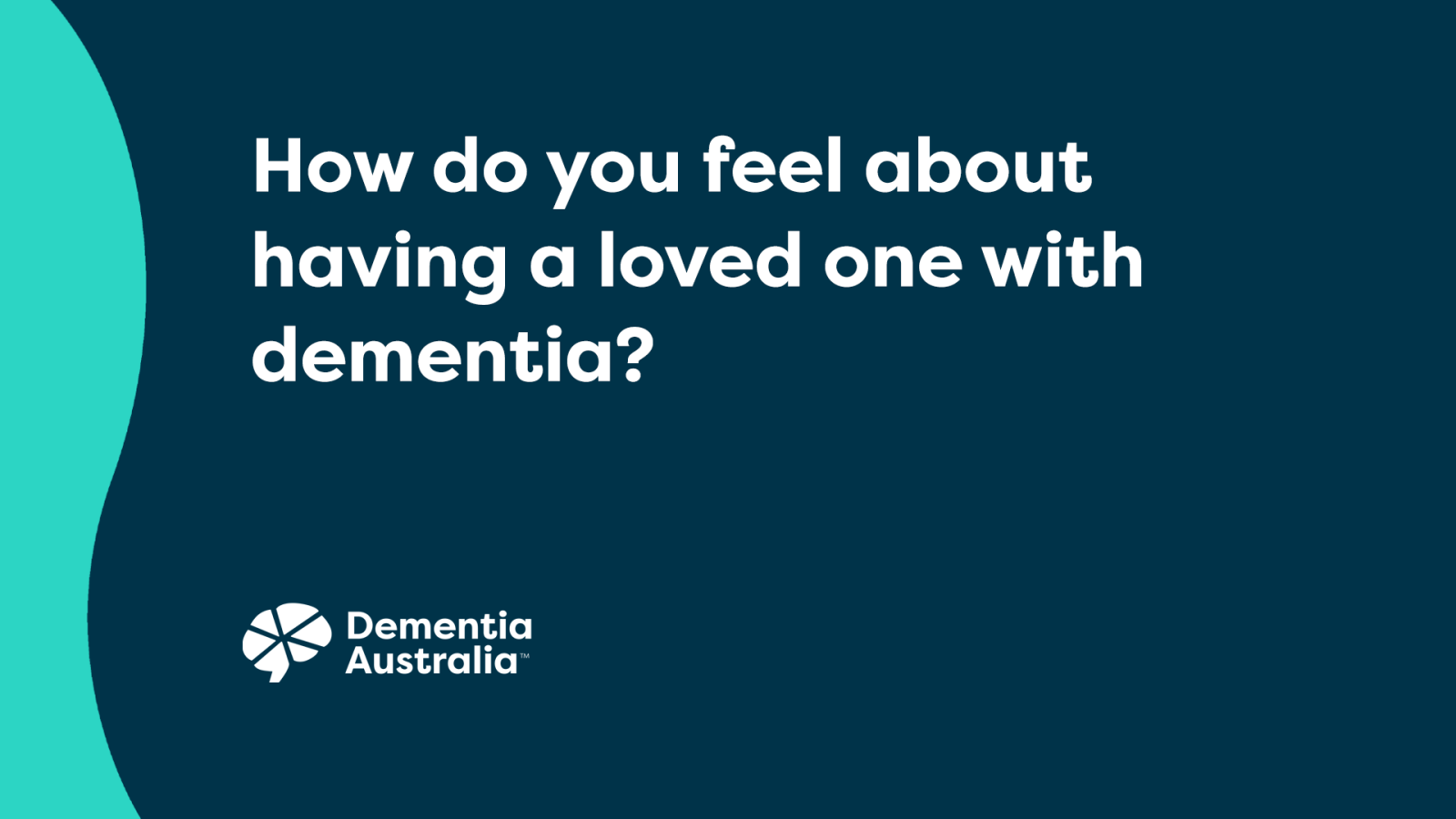Telling family and friends
Dementia describes a group of illnesses which cause a progressive decline in an individual’s functioning. Many people don’t realise you can be diagnosed with dementia as a younger person. As such, it may come as a shock or come with other feelings of anger, embarrassment or denial.
While telling family and friends about your diagnosis can be difficult, the sooner you do it the better. By telling those closest to you early on, they can better understand the changes they may see and offer support.
How to share your diagnosis with family and friends
Whether it’s your family member, friend, colleague, or yourself, everyone has their own way of coming to terms with this news.
Know that everyone’s reactions may vary, and this is okay. Some people could need time to think, and young children may need extra reassurance and information.
Making a plan on who you’ll tell, the place and time to do it can help. Here are some other ways to break the news with your loved ones.
Make notes about what you want to say
Preparing notes ahead of time on your diagnosis can help you deliver the news more effectively. You can ask for help from someone close to you for assistance.
Prepare for questions people may ask
Your family and friends most likely will have a lot of questions for you. To give them some reassurance and answers, making preparations for some of these questions can be useful. Our help sheets (at the bottom of this web page) may help.
Choose a quiet, distraction-free setting
Select the best space to share your diagnosis that’s free of distractions, such as in the family home.
Try to give just one piece of information at a time
While your family and friends process this news, giving them one piece of information at once can help their understanding.
Let the person know where to go for support
If possible, make sure the person you are telling has someone who can support them after the conversation.
Dementia doesn’t only affect people with the condition. It also changes the lives of family and friends. We can provide them with support throughout this process.
If they are unsure who to turn to, encourage them to speak with their doctor or contact the National Dementia Helpline. They can contact the National Dementia Helpline on 1800 100 500. You can also send the National Dementia Helpline an email or chat online (via webchat).
Telling children
It’s hard to share a dementia diagnosis with anyone, but with children, it can be especially challenging. Children may take a dementia diagnosis the hardest, as their parent or grandparent’s caretaker role may change.
Kids may struggle to stay patient when repeating stories or questions, which they can feel guilty about, too. They also may feel a sense of rejection, particularly if their loved one does not always remember who they are.
Watch the following video: ‘How do you feel about having a loved one with dementia?’ to see children’s experiences of having a parent or grandparent with dementia. Or, read the video transcript.
Dementia Australia supports you
Dementia Australia is Australia’s leading national dementia organisation, providing information, resources and support.
Dementia Australia offers education sessions to inform and educate family and friends about dementia. These sessions may help those closest to you process your diagnosis and understand changes that will occur in your life and relationships.
Our help sheets can also assist you to communicate your diagnosis and answer questions you, and your family and friends may have.
Information for family and friends
Information about dementia for young people
Information about dementia for parents and grandparents
If you want to talk to someone, contact the National Dementia Helpline on 1800 100 500.

